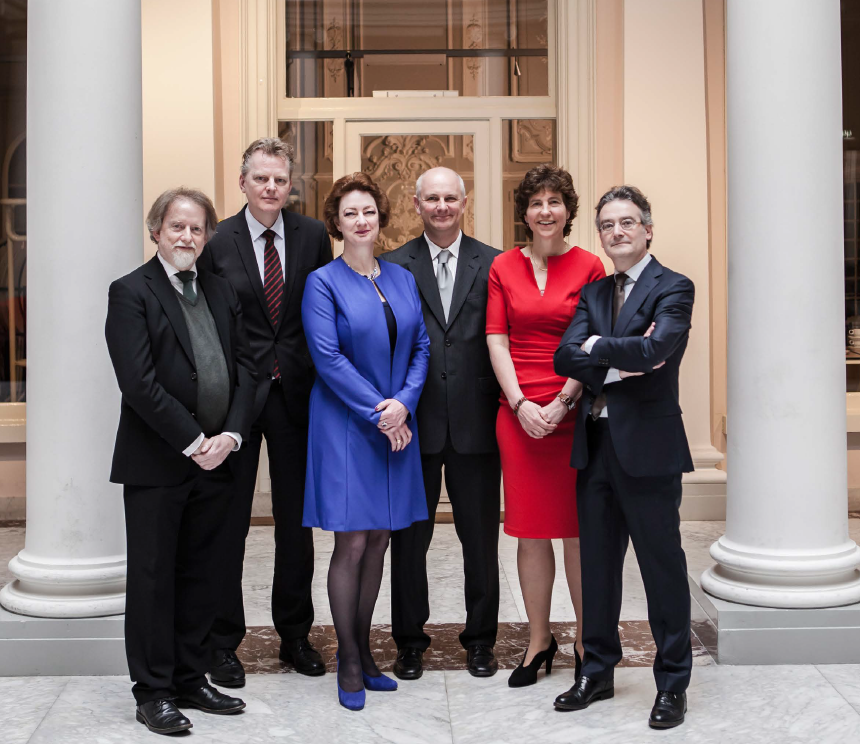Teaching Program: Towards Transdiscipinarity
There is an increasing awareness within the academic community that collaboration between disciplines constitutes one of the next big challenges not only for the University of the 21st century, but also for society at large. This collaboration can vary in intensity, ranging from lighter forms like multidisciplinarity (shared topic, juxtaposition of perspectives, autonomy), to more intense interdisciplinary cooperation (integration of disciplinary insights, interdependence), to the most challenging level: transdisciplinarity. The latter strives for interdisciplinary problem-solving implementations (consistent with modern agency-focused teaching methods), among other things through collaboration between academic institutions and other actors.
Interdisciplinarity – which itself requires explicating its disciplinary foundations – is a precondition for all forms of transdisciplinary problem solving. Consequently, in a compelling recent white paper, the League of European Research Universities (LERU) puts interdisciplinarity at the top of the upcoming agenda for European Universities (Wernli, D. & F. Darbellay, 2016, Interdisciplinarity and the 21st Century Research-Intensive University.Leuven: LERU).
The LERU-paper explicates a range of concrete measures that Universities may take to create an environment that, in addition to fostering high quality disciplinary work, is also conducive to interdisciplinarity in research and teaching: “(1) establish interdisciplinarity as a core business of the University, (2) identify and support areas where interdisciplinary collaboration is likely to create new knowledge, (3) prepare the terrain for interdisciplinarity in education, (4) create the next generation of interdisciplinary researchers, and finally (5) promote a culture of interdisciplinarity and continually improve the system” (p. 4).
Indeed, during the past decade, many educational programs and individual lecturers have attempted to incorporate multi-, inter- and transdisciplinary elements into their teaching, for example by improving student exposure to multiple theories and multiple methods. These efforts notwithstanding, we currently lack a sound didactical framework and the related educational material to guide efforts of designing, implementing, and evaluating activating forms of teaching with inter-, still less transdisciplinary ambitions. Nor do we have systematic evidence about the effectiveness of such attempts. Simply bringing together a team of lecturers from different disciplines around a specific topic, or letting students read texts from different disciplines will most likely not be sufficient to get us there.
SCOOP develops a didactical trajectory and related toolboxes that support instructors (individual or teams) in developing courses (or course modules) with inter- and transdisciplinary content, and which achieve the desired learning outcomes for students.








